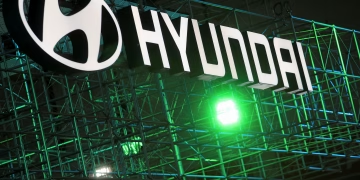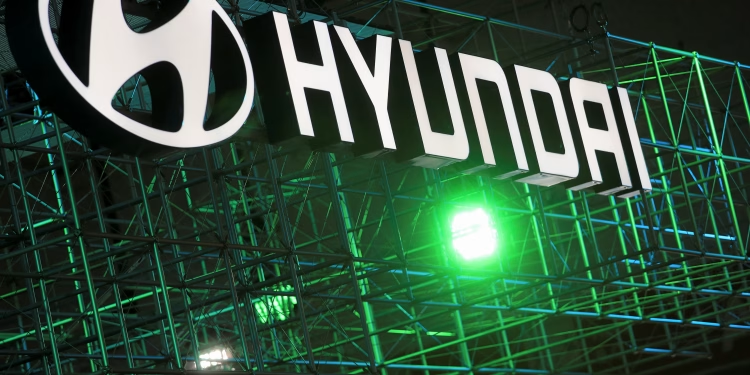By Eva Richardson | The Logistic News | March 28, 2025
In a bold move to solidify its North American presence, Hyundai Motor Group has unveiled plans to invest $21 billion in the United States by 2026, a strategic decision that signals an accelerated shift toward supply chain localization and nearshoring amid ongoing geopolitical and trade uncertainties.
A core focus of this multibillion-dollar investment is to localize automotive parts production—a critical step aimed at strengthening supply chain resilience, reducing import dependencies, and supporting the company’s expanding U.S. electric vehicle (EV) and internal combustion engine (ICE) operations.
Building a Self-Reliant U.S. Ecosystem
Hyundai’s latest announcement outlines an ambitious goal: increase the sourcing of U.S.-made components for vehicles assembled at its manufacturing hubs in Georgia and Alabama, with a significant share going toward its EV production pipeline. The company also plans to deepen partnerships with regional suppliers and logistics providers to streamline inbound material flow and reduce lead times.
“Building a robust, localized supply chain network is no longer optional—it’s imperative,” said José Muñoz, President and Global COO of Hyundai Motor Company. “This investment reinforces our commitment to U.S. manufacturing and aligns with our long-term strategy to be a global EV and mobility leader.”
The initiative complements Hyundai’s ongoing $7.6 billion development of its Metaplant America facility near Savannah, Georgia, expected to begin production in 2025. The plant is central to Hyundai’s vision of becoming a top-tier EV player in the United States.
Strategic Response to Global Disruptions
Hyundai’s localization push arrives at a time when automotive supply chains remain under pressure from global disruptions, trade barriers, and cost volatility. The U.S. administration’s evolving tariff policy and rising calls for regional manufacturing have pushed foreign automakers to rethink their footprint.
Analysts say Hyundai’s move is as much about de-risking global operations as it is about meeting consumer demand for EVs and compliance with Inflation Reduction Act (IRA) incentives, which heavily favor domestically sourced vehicles and battery components.
“This investment is clearly designed to futureproof Hyundai’s North American strategy,” said Carla D’Amico, principal analyst at Autotech Insight. “It positions them not just for EV growth, but to navigate the unpredictable trade and compliance landscape over the next decade.”
Logistics Realignment in the U.S.
From a logistics perspective, Hyundai’s $21 billion commitment will likely trigger a ripple effect across freight, warehousing, and last-mile delivery sectors. Regional suppliers—especially in the Southeastern corridor—are expected to expand capacity and capabilities in tandem with Hyundai’s sourcing requirements.
“Closer proximity to parts suppliers will enable Hyundai to optimize transport routes, minimize inventory costs, and enhance production agility,” said D’Amico. “This is a textbook example of why nearshoring is on the rise.”
Already, tier-1 suppliers across Tennessee, Alabama, and South Carolina have begun adjusting their operations to align with Hyundai’s procurement volumes and delivery expectations.
Looking Ahead
As competition in the EV market intensifies, Hyundai’s deepened investment in the U.S. could be a defining differentiator, providing a platform for more efficient production, faster time-to-market, and stronger consumer alignment.
More importantly, it underscores a broader industry trend: automakers can no longer afford to rely on globally dispersed supply chains. The future of automotive production lies closer to home—and Hyundai is betting big on that future.
About the Author
Eva Richardson is a senior reporter at The Logistic News. With over a decade of experience covering supply chain transformation, mobility innovation, and international trade, she brings deep insights into the strategies shaping the future of global logistics.























